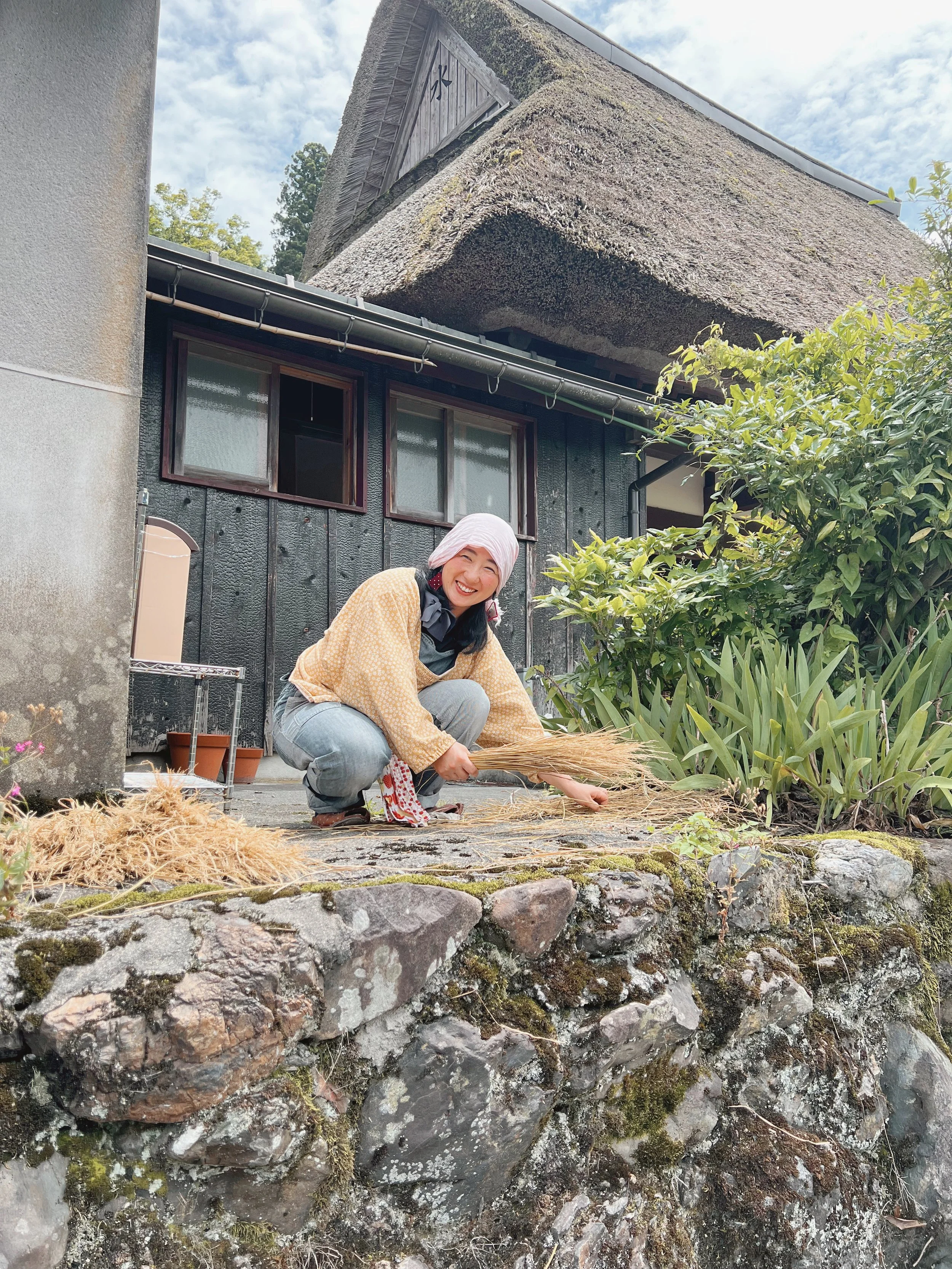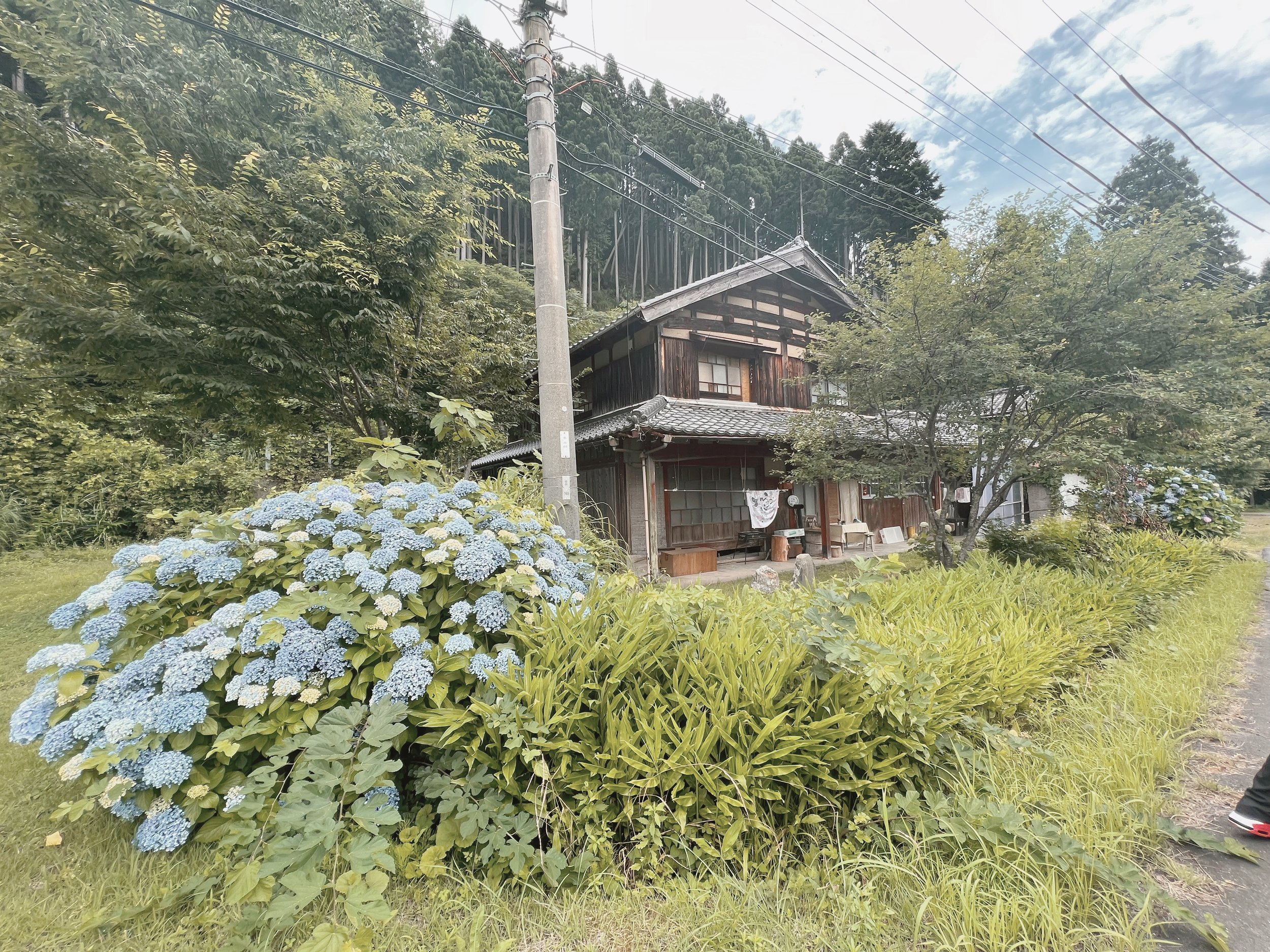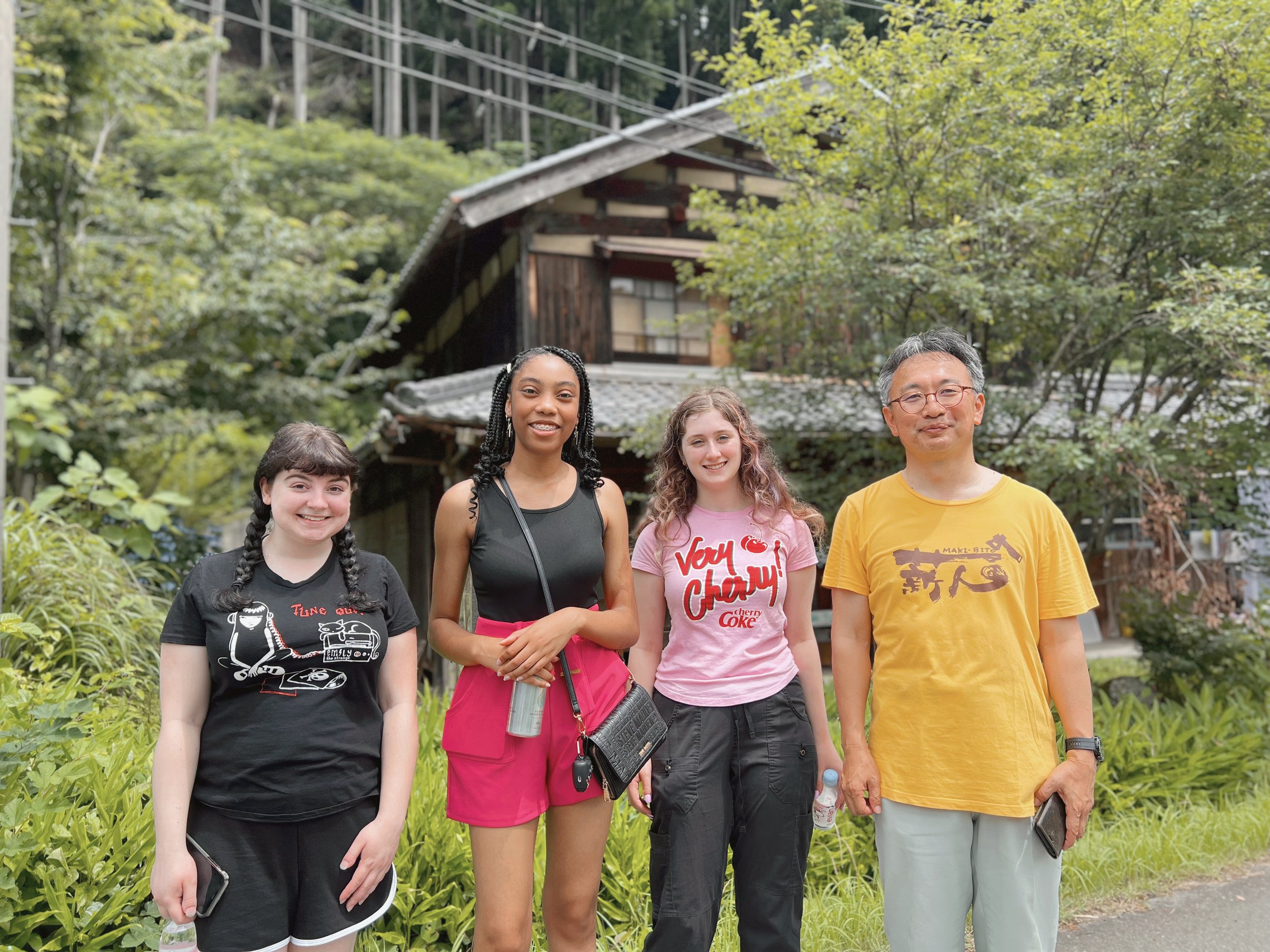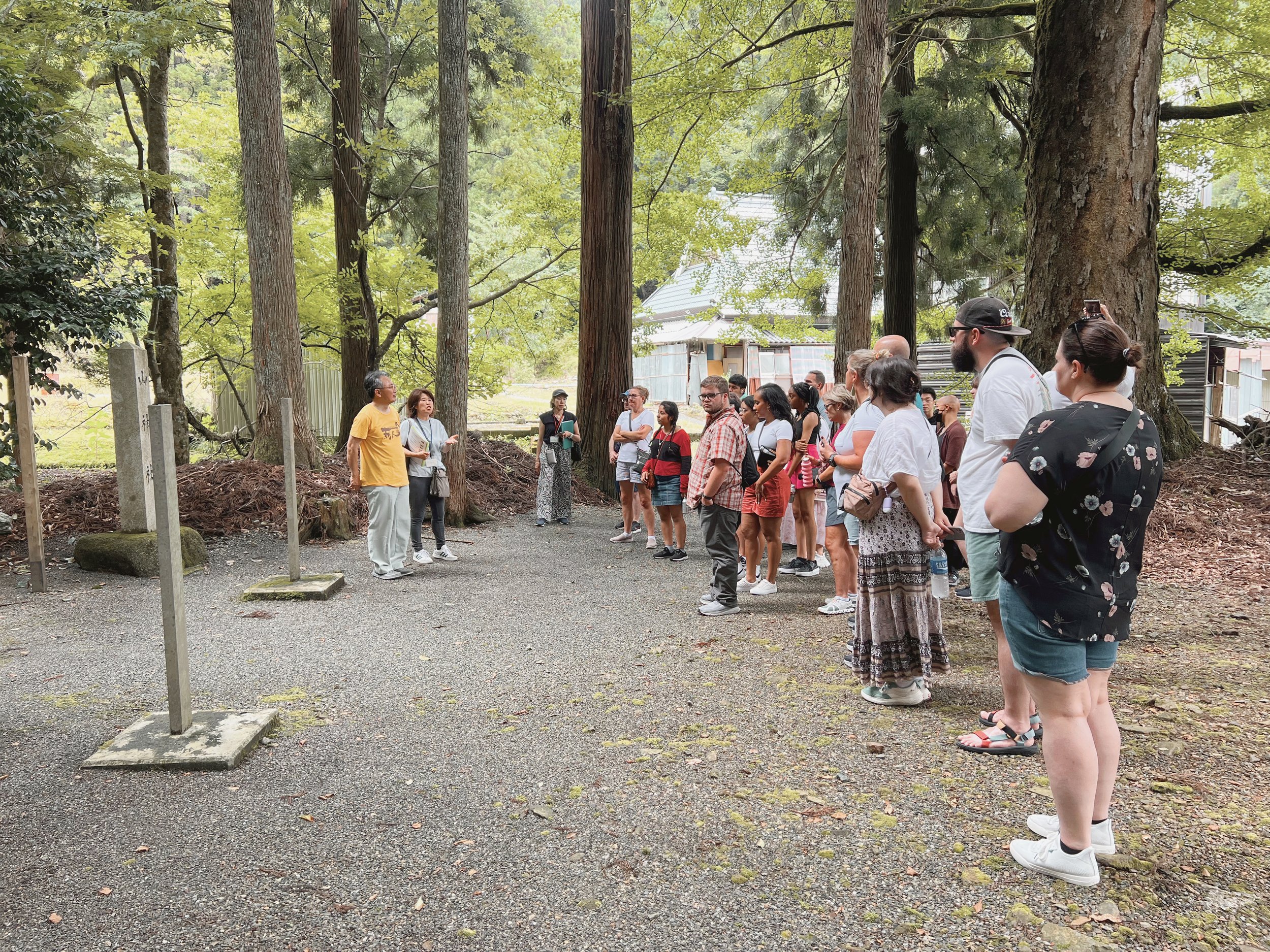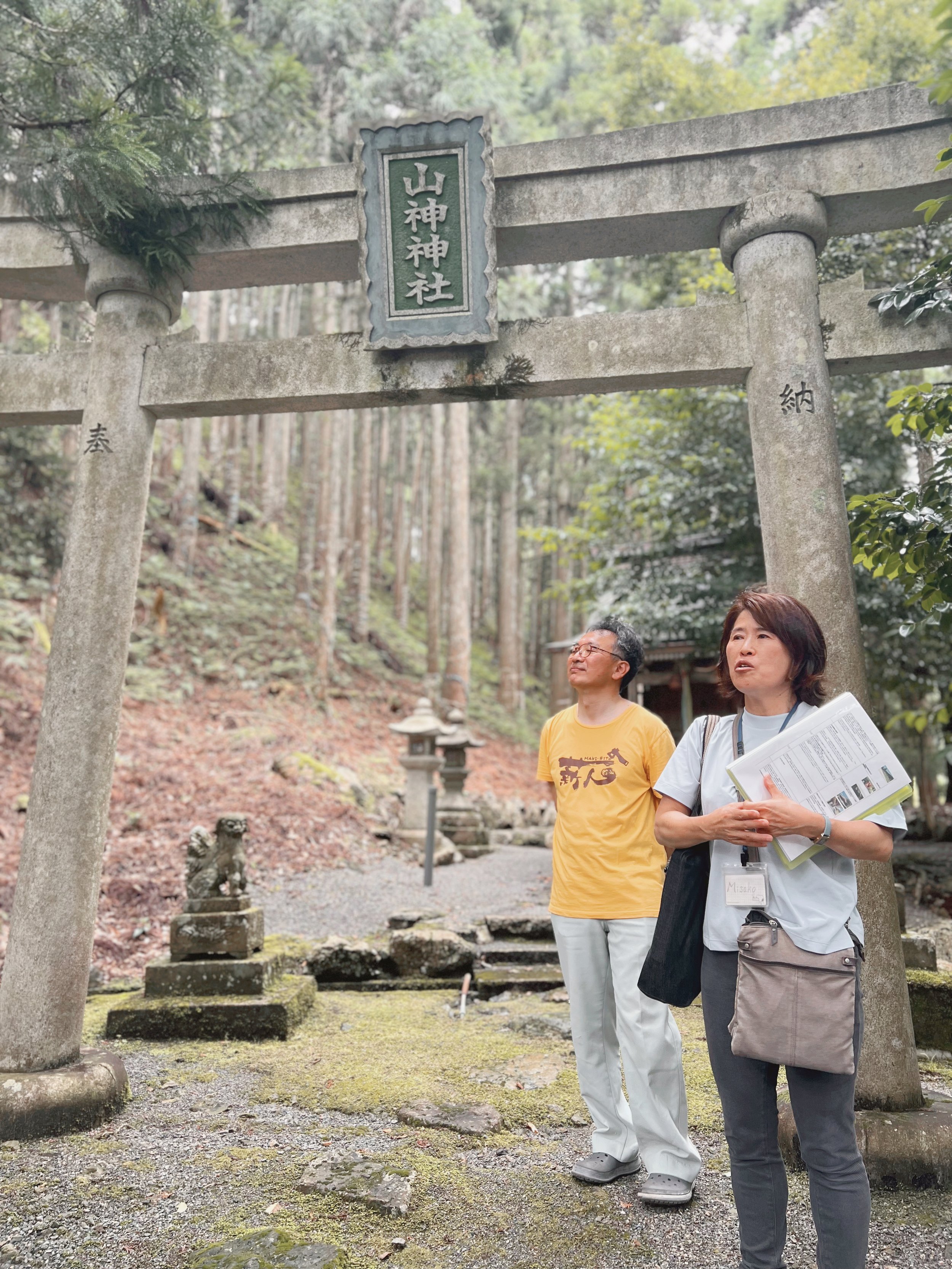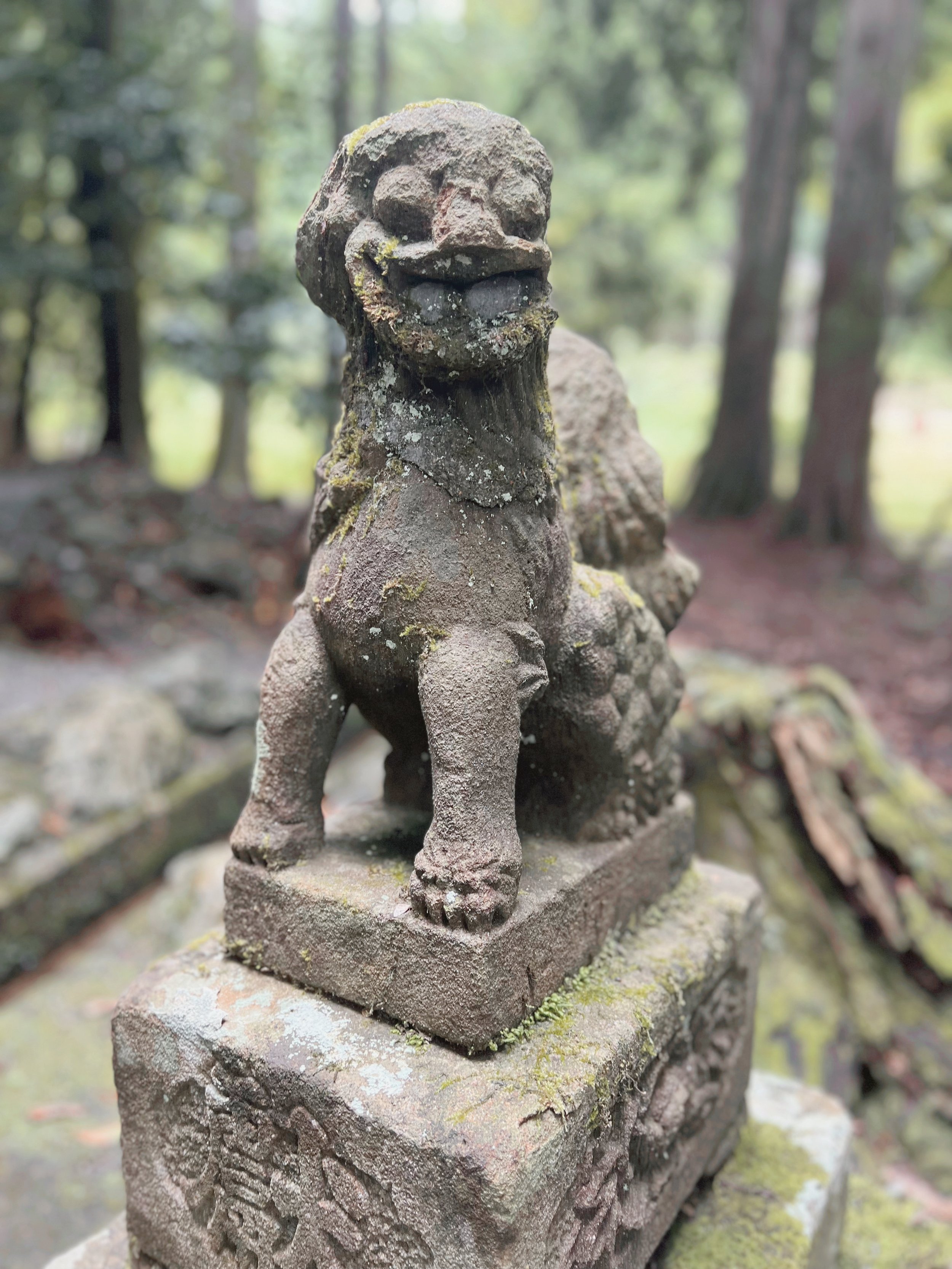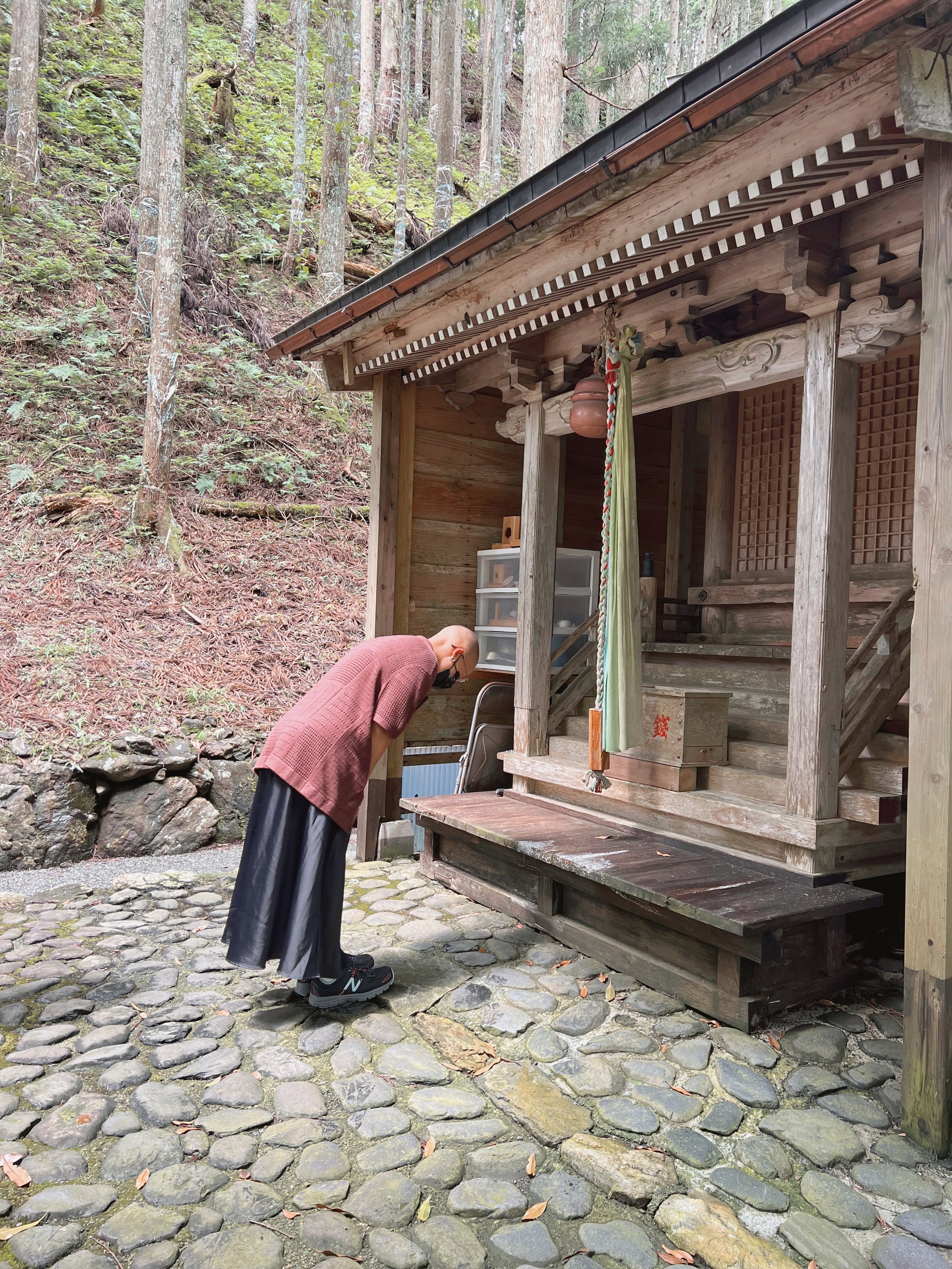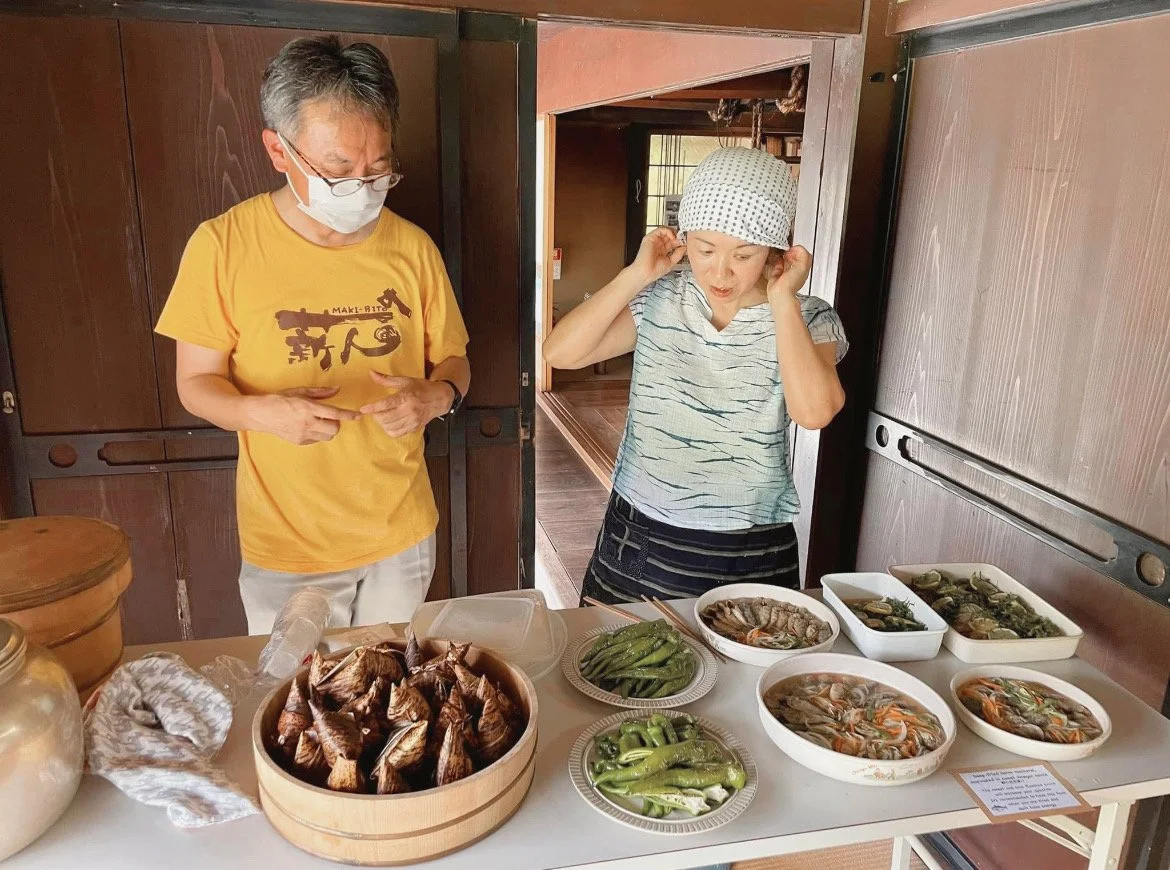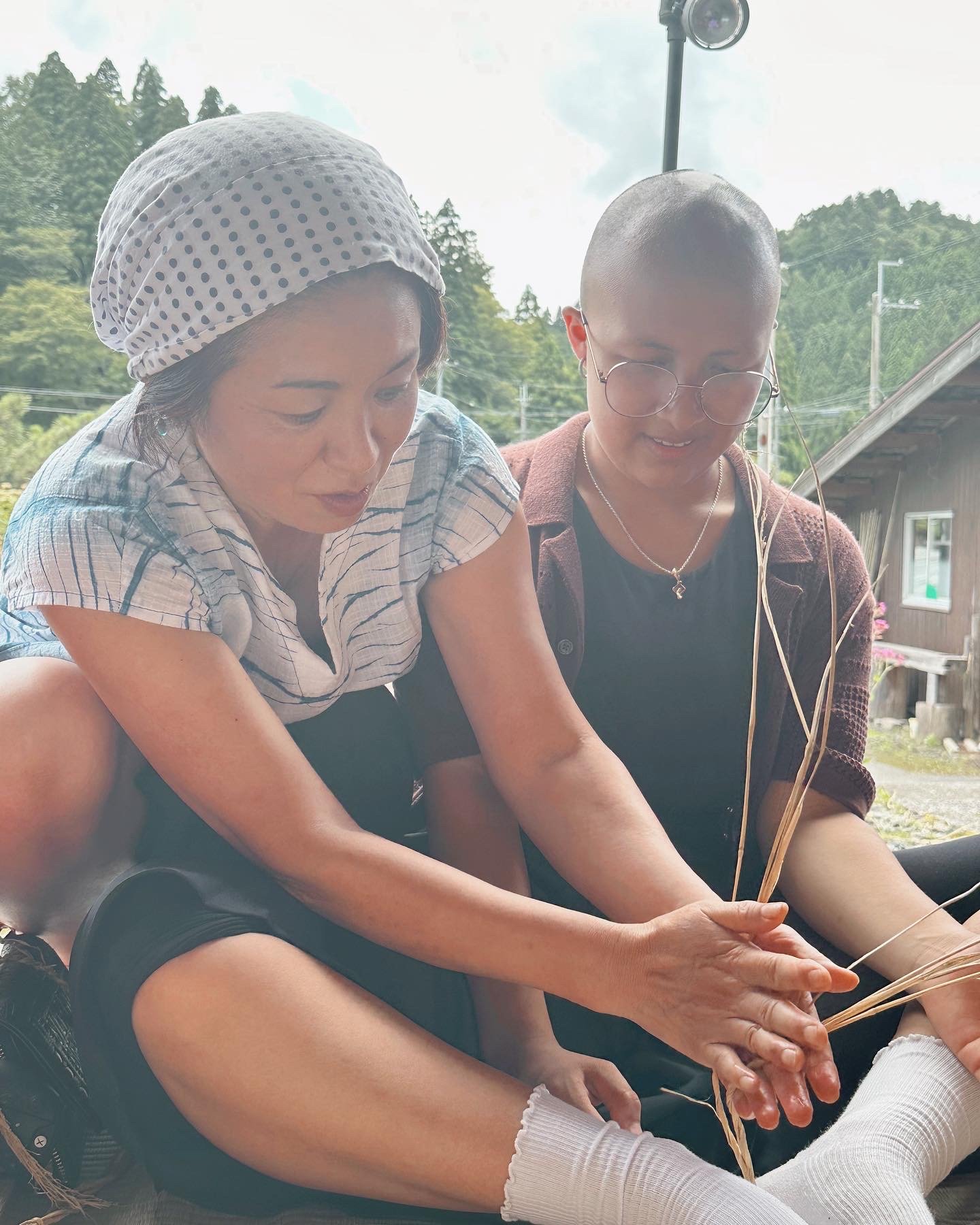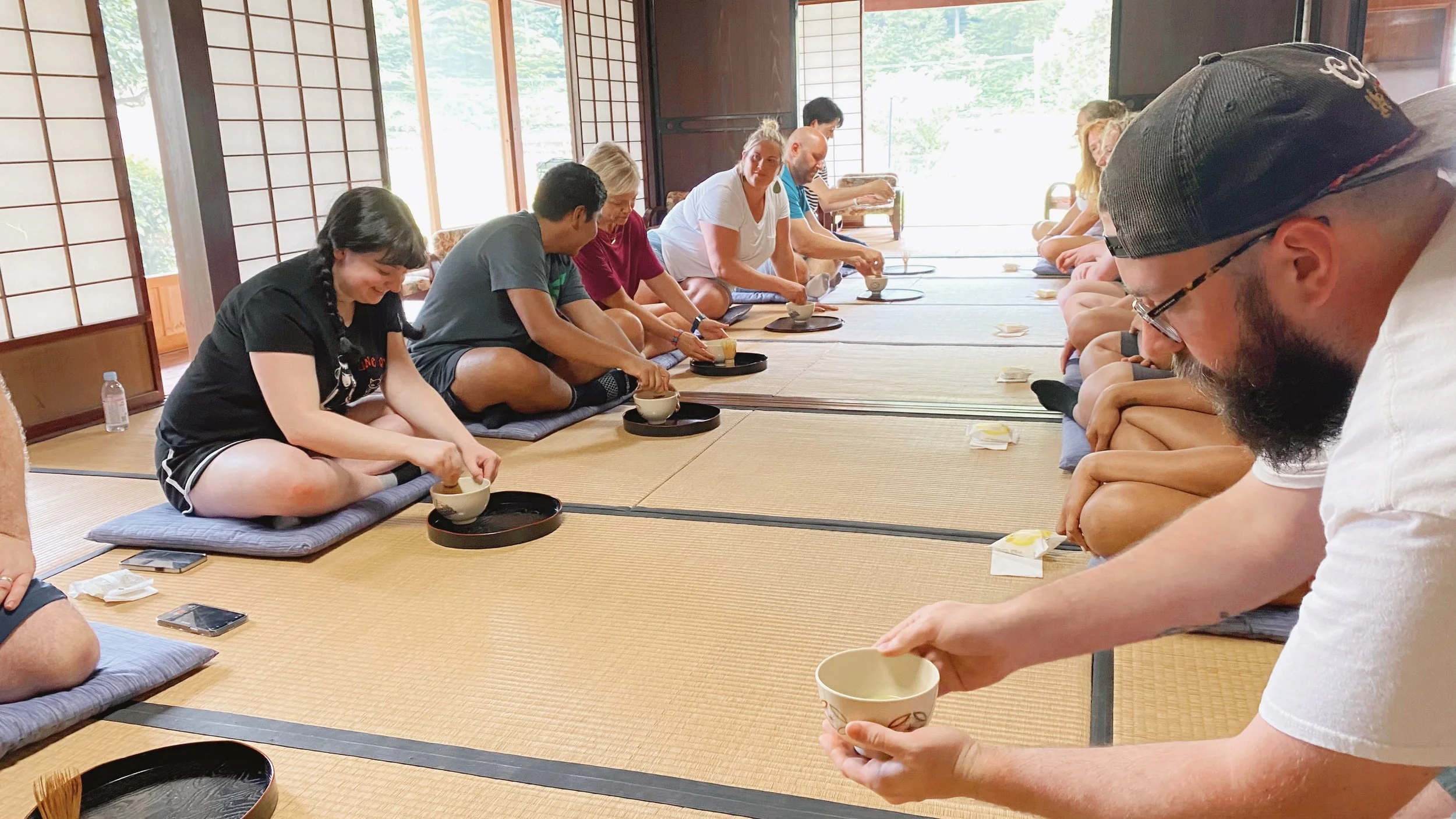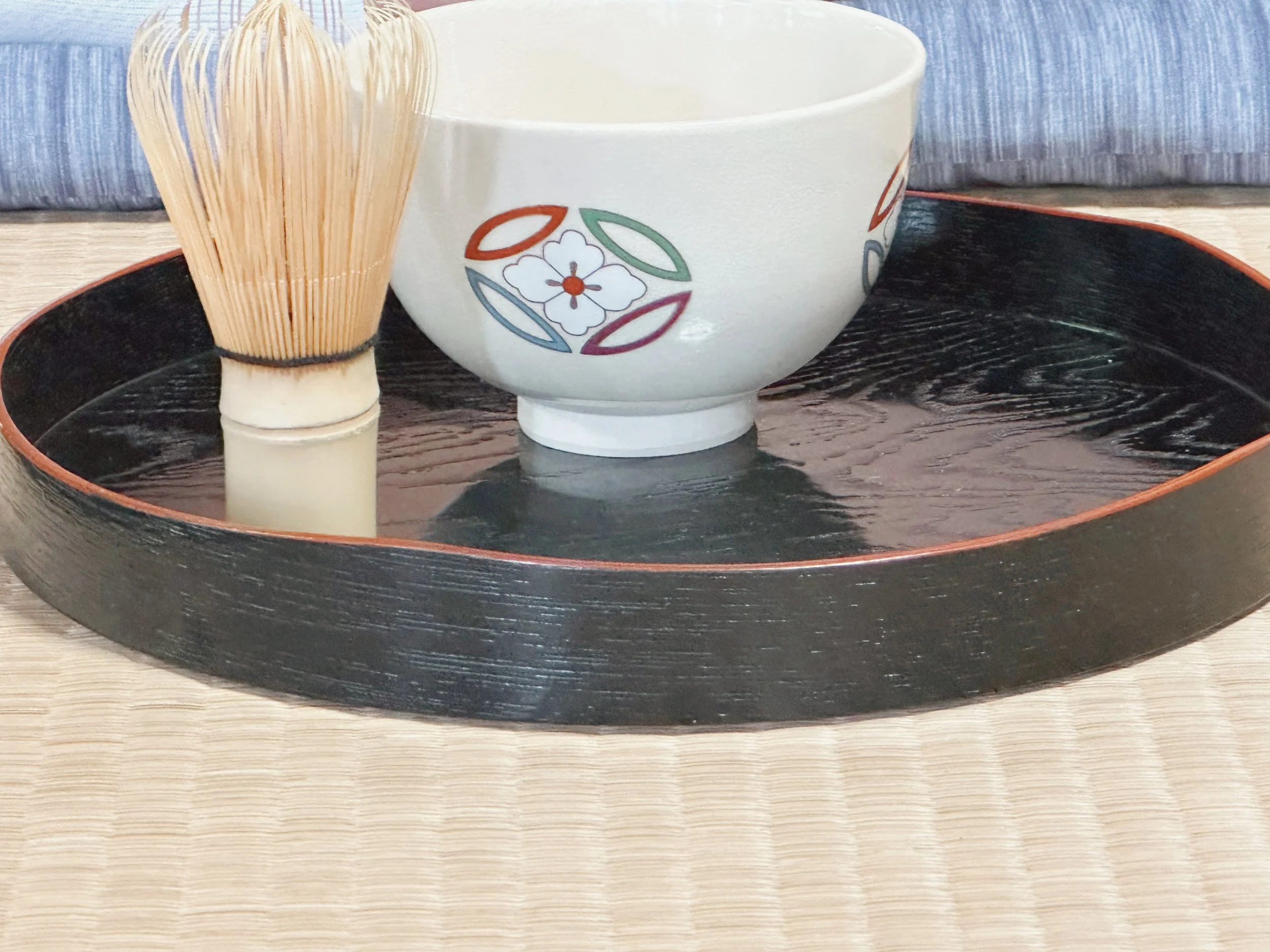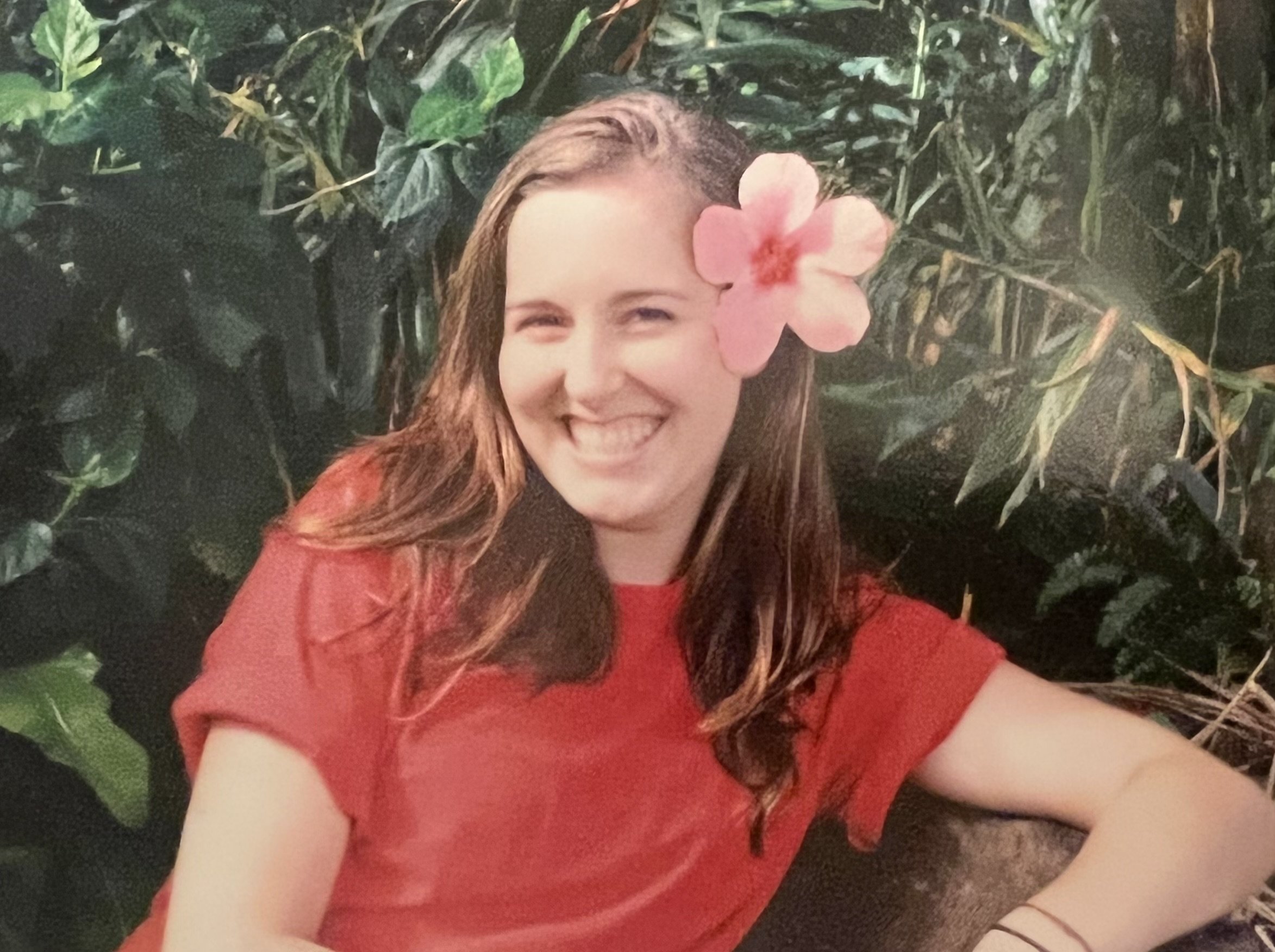I’ve always believed that travel is a vehicle for human connection and a way to uncover the common ground that connects us all.
Blame it on the stubbornness of a nineteen-year-old expat trying to survive on rice and tortilla chips who had to learn the hard way that your life is only as rich as the people in it. Some of the greatest lessons in my life have been shared over a home-cooked meal and an honest conversation.
That first struggling semester in Micronesia paled in comparison to the joy I found amongst my adopted Sri Lankan family later that year. My auntie upped my cooking game by teaching me how to mix flavors for depth and quality—My entire perspective shifted when I saw how joyful life could be with only the simplest of things and without the added pressure of keeping up with the Joneses—And surprisingly, I learned not to take myself so seriously, and to laugh a little along the way, often at my own expense!
When I started traveling later as a tourist, it became really hard to be satisfied by the Eiffel Towers and London Bridges of the world. They were beautiful, but there was no heart. I didn’t feel the connection I so desperately craved and often left places feeling just as detached as before I even visited.
I slowly awoke to the fact that my travels were lacking that human connection. There was no Jack Dawson inviting me to see a “real party” below deck and teaching me to see the people around me and the richness of a different way of life.
When I started Land + See Tours it was out of frustration at the cookie-cutter itineraries I’d been spoon fed up to that point. They were bright, and shiny, but lacked the depth and authenticity I’d gotten from my year abroad. Much like the start of my teaching career years ago, Land + See grew from the idea that there had to be more to it than I was given—surely it can be done better!
Our recent trip to Japan is a testament to this philosophy. While we met some pretty amazing people and made memories we will cherish forever, nothing was quite so impactful as the gift of a glimpse into the lives of the people of Mukugawa.
Before going any further I have to take a moment to thank Hiromi-San at Tour du Lac Biwa for hand-curating this experience for our group. Admittedly, this isn’t a tourist hot spot. You can’t book this on tripadvisor. It existed only for us—something I can’t thank Hiromi and the villagers for enough, and something that definitely added to the charm of this day.
Here is an in-depth look into our unforgettable day there.
About an hour and a half outside Kyoto, and nestled snugly within the Shiga prefecture of Japan, lies the unassuming, quaint village of Mukugawa. Unlike some other long-abandoned-rural-village-turned-tourist-attraction towns such as Shirakawago, Mukugawa is still very much inhabited—granted, with a mere 29 residents, but it’s very much a living-breathing time capsule for a more traditional way of life.
The village centers around the local community center—hand-built by the villagers 150 years ago and still standing strong. Miraculously, the entire building was constructed without the use of nails, screws or electric tools. Instead, the building was constructed using a centuries-old Japanese carpentry system called joinery, which involves the creation of interlocking joints that join together carefully selected pieces of wood.
The main level has a fire-pit and an extensive gathering area gently nestled beneath an upper loft used to store rice straw. The roof itself is thickly woven from the same rice straw which has to be replaced every 15 years. Carved into the walls of the loft is the Japanese symbol for water—something the villagers need, both for a good rice harvest and protection from the fire risks that inevitably come with the traditional Japanese wooden architecture.
Life in Mukugawa is still fairly simple compared to the bustle of surrounding areas like Kyoto and Osaka. Villagers grow and harvest their own rice as their main ecological resource. On our walk, we wandered past dozens of local homes, including the home of one of our hosts, all surrounded by lush fields of rice paddies. It was a warm day, but we enjoyed learning about the rice harvest and local flora and fauna.
The villagers maintain two local Shinto shrines that are used as places of worship. The shrines are believed to create a link between the gods (kami) and human beings. The Tori gates provide a welcome entrance and invitation to purify oneself before visiting the small sanctuary within. Our gracious hosts taught us the Shinto way to pray—a gentle bow followed by two claps. This was arguably the most peaceful place I’ve ever visited.
Following our village walk, our hosts treated us to a traditional Japanese sit-down meal, and even let us help with the preparations. This was hands-down the freshest, most elaborate spread we experienced on the entire trip. There was something extra special about knowing the man who’s field the rice was lovingly harvested and prepared from. Talk about preparing a meal with LOVE!
In the afternoon, our hosts pulled out the big guns—local legend Masako-San! Together with her host of ladies, she attempted to teach us to make rope from rice straw, and some of us were better students than others. Personally, I ditched my project pretty early on, getting lost in her stories from the early days in Mukugawa, explained via a translator.
Masako has lived in Mukugawa her entire life. She was born in 1933, vividly remembers the war, and has raised her family here. Her crew has grown to include a whopping twenty-one great grandchildren. While she doesn’t speak any English, we were lucky to have translators handy that helped us have a lively and heartwarming chat about life growing up in Mukugawa and the hardships and beauties of such an amazing way of life.
When I asked if I could take her picture as a personal souvenir to remember this moment, she said she will take the entire experience with her as a souvenir when she goes to Heaven!
The final activity of the day was a traditional Japanese tea ceremony, led by Mukugawa’s leading tea guru. Our gracious host has devoted her life to preparing and serving tea in a ritualistic and ceremonial way. Originally adopted from Chinese culture in the 14th century, the tea ceremony serves many purposes—promoting harmony and mindfulness, creating a bond through hospitality between host and guest, encouraging well-being, and much more!
The host supplies the guest with a light snack while seated across from them. While the guest enjoys their refreshment, the host prepares the tea by whisking matcha powder with hot water until gentle foam forms. The tea is served hot, and if it’s enjoyed, guests are encouraged to show their appreciation with a loud slurp!
The magic of a place isn’t in it’s big cities and bright, shiny tourist traps. It’s in the sharing of home-cooked meals amongst new friends—In awkwardly wrapping your tongue around foreign words and phrases—In deep bows, and rice straw and the lessons to be taught through aged hands, lovingly passing down shared traditions—In unexpectedly hard goodbyes—and the pieces of ourselves that we leave behind in one another—that’s where the real magic lies.
I don’t know a lot, but I know that Mukugawa is magic. I hope that you have the chance to visit one day. And if not, at least take the idea with you that real magic is found off the beaten path—in the stories and lives of the people who live in the places you visit—The special kind that isn’t pre-fabricated and sold by the thousands. The kind that is just for you and that can’t be left behind or properly shared with those who didn’t experience it first hand—the kind you take as a souvenir with you to Heaven.
Arrigato!

